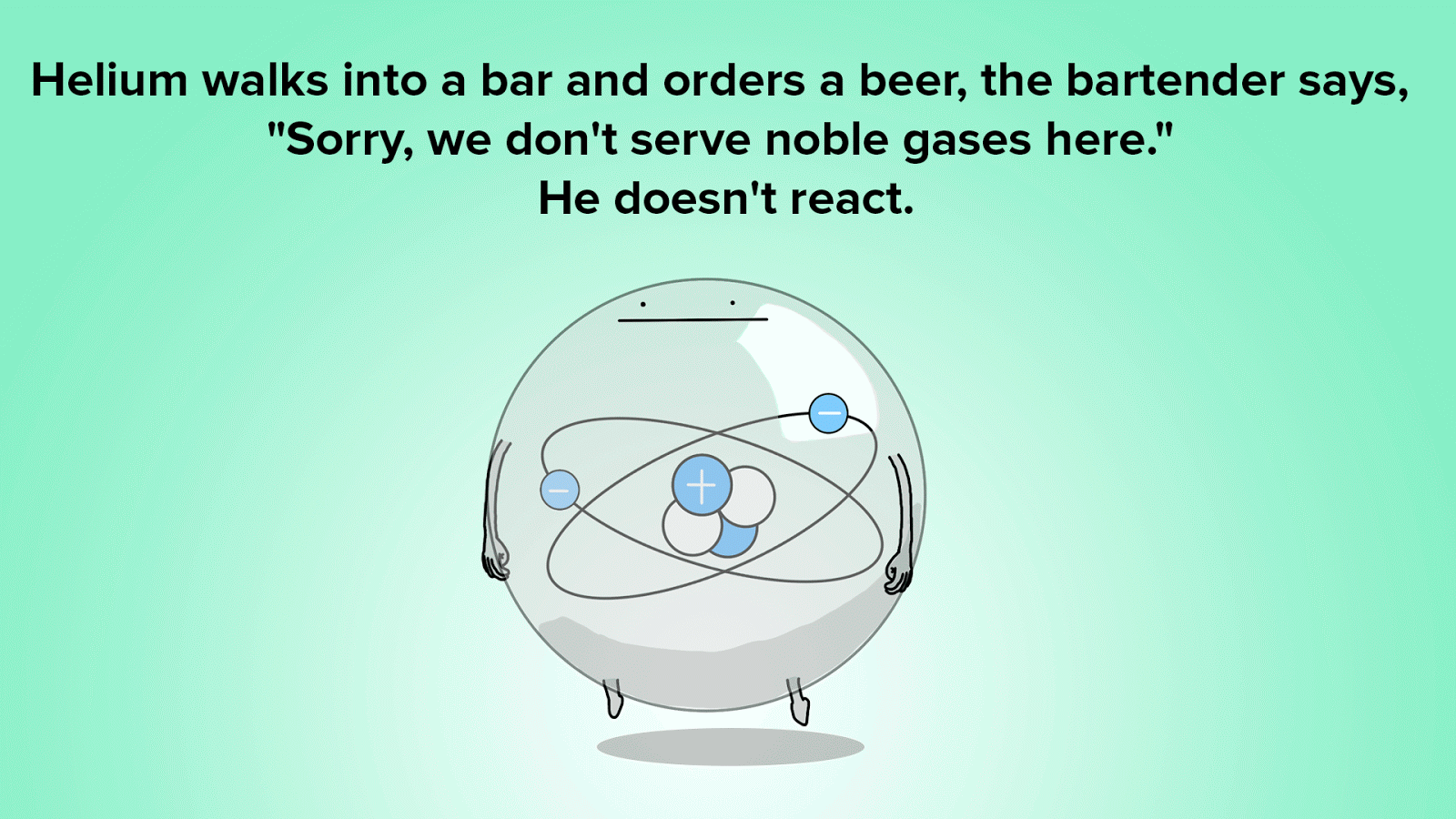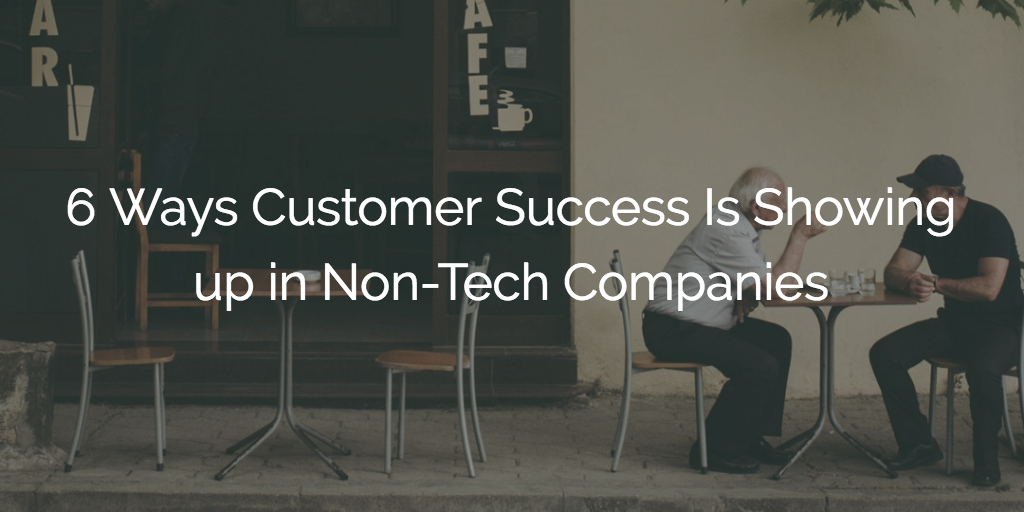You’ve probably heard this one before: A Customer Success Manager, an Internet of Things Engineer, and a Management Consultant walk into a bar…
Okay, maybe not! But that triumvirate seems to be showing up frequently in historically non-digital businesses as the trend of “Software Eating the World” advances unabatedly.

Who knows? Maybe someday soon Customer Success jokes will be as ubiquitous as science jokes! After all, we’re already seeing consistent behavior trends outside of traditional tech companies. I’ve noticed the following fact pattern over and over again:
1. Cherished Brands Are Buying SaaS Companies and Getting CSM Teams
Whether it’s Monsanto purchasing Climate Corporation, Caterpillar buying Yard Club, or Walmart gobbling up Jet.com, decades-old enterprises are looking to reinvent themselves by getting into the cloud world. Many of them have read The Innovator’s Dilemma and realized that often you have to look externally to find “innovation DNA.”
As these businesses unpack the gift boxes that are these new startups, they’re seeing roles that they’re familiar with (Sales, Marketing, Engineering) and also one that’s brand new: “Customer Success Management.”
Many of these acquirers go through a standard exercise of trying to shoehorn CSM into existing Maintenance, Support, and Services orgs, only to realize CSM is its own world—a world that’s existential to the SaaS operation.
2. Brand Customer Experience Groups Meet Acquired CSM Teams
Next, the assimilated Customer Success teams often try to network with other groups within the “mothership” and end up at the Customer Experience team. At the surface level, these teams sound very similar in terms of mission. But the CSM teams often find that corporate CX teams have brilliant people who often lack the “teeth” in terms of operations or a mandate to enforce change across the business.
3. Customer Success Fits Existing Business Models as Well
At the same time, the groups in the parent company that own maintenance, support, services and, in some cases, “consumables” often are thrilled to hear about “Customer Success” since this is the mantra they have been preaching for years. Their businesses that attach to core systems/device sales are fundamentally recurring and require a consistent customer engagement lifecycle.
4. Customer Success Ties to Sales Reinvention
While Sales leaders might initially be worried about another group engaging with “their” clients, progressive leaders look at the model and realize they can radically increase sales efficiency. By moving existing clients, renewals, and small expansions to a dedicated, scalable, and process-oriented org, they can get the higher-cost Sales team more focused on true “hunting.”
5. SaaS Becomes Gateway to Digital Transformation
In some cases, the leader of the acquired SaaS entity becomes the larger entity’s Head of Digital Transformation or “Chief Digital Officer,” charged with modernizing the entire operation and applying SaaS and cloud playbooks to the business.
6. Through This They Can Imitate Amazon
For many of these organizations, companies like Amazon are the long-term disruptive threat—or inspiration. Amazon’s use of technology to drive, as they call it, “Customer Obsession” creates a roadmap for their success—to become the “Amazon” of their industry—hopefully with similar valuations!
If you’re trying to build that roadmap at your company (whether non-tech or SaaS), this guide to company-wide Customer Success is a great place to start.

